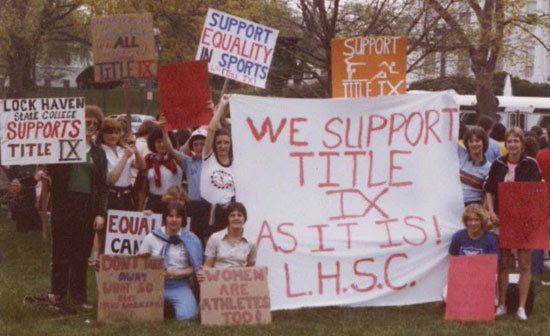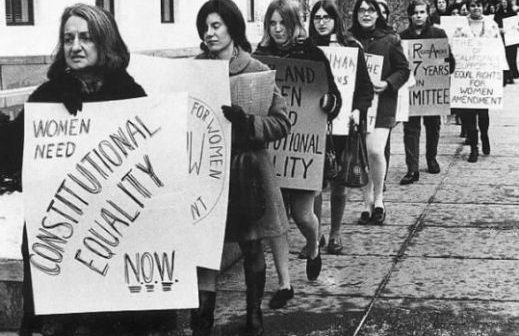A Month for Women
National Women’s History Month was officially created in 1986, although it had been celebrated by several states prior to its federal enactment. It took several years to catch on, starting as a local movement in Sonoma County, California, known as Women’s History Week. As the week gained popularity around the country, President Jimmy Carter instituted National Women’s History Week in 1980 with a Presidential Proclamation. Largely used to teach equality in schools, the celebrations focused on learning the roles of women in history – a subject which was not widely taught at the time.
“Nevertheless, She Persisted”: Honoring Women Who Fight All Forms of Discrimination Against Women
The theme for Women’s History Month in 2018, the phrase “Nevertheless, She Persisted,” represents the endurance of women throughout difficult times. From the pioneers of women’s suffrage to today’s female leaders, American women have been making tangible differences in history.
2018 National Women’s History Month Honorees
The National Women’s History Month Project focuses on activists fighting for equality and honors women each year. Inspiring women Geraldine Ferraro, Pauli Murray, and Elizabeth Peratrovich may be gone, but their influence can still be felt in the laws they helped create and the causes they championed.
Pushing back against discrimination in schools and athletics, Margaret Dunkle and Jill Moss Greenberg helped pass the original Title IX legislation in 1972. A prolific author, Dunkle has also advocated for women’s health and now chairs the Calvert County Commission for Women in Maryland. Both women are members of the Maryland Hall of Fame, and Greenberg’s work also includes the passage of the Maryland Equal Rights Amendment.

Portrayed by Mary Louise Parker in the ABC series “When We Rise,” activist Roma Guy has stood up for LGBT and women’s rights. She serves as the co-chair on the Health Committee of the California Women’s Agenda, and founded San Francisco’s first shelter for battered women, La Casa de las Madres.
Also honored this year are reproductive rights advocates Loretta Ross and Pat Maginnis. Maginnis is one of America’s first abortion rights activists and the founder of what is now known as NARAL Pro-Choice America. Loretta Ross is the founder of SisterSong Women of Color Reproductive Health Collective, where she focuses specifically on black women’s reproductive health, knowing that race can play a critical role in the care women receive.
Honorees Angelica Salas and Cristina Jimenez focus on the topic of immigration. An immigrant herself, Angelica Salas came to America at the age of five. Now she is the executive director of CHIRLA (Coalition for Humane Immigrant Rights Los Angeles) and has helped undocumented immigrant students receive in-state tuition, as well as contributed to the national discussion surrounding undocumented immigration. MacArthur Fellow Cristina Jimenez also came to America as an undocumented immigrant. She is the co-founder of United We Dream and organized a national campaign leading to the creation of the DACA (Deferred Action for Childhood Arrival) Program.
http://https://youtu.be/7T5okYPF6BE
Other impressive social leaders honored include Marty Langelan, Linda Spoonster Schwartz, Susan Burton, Saru Jayaraman, and Arlene Mayerson.



